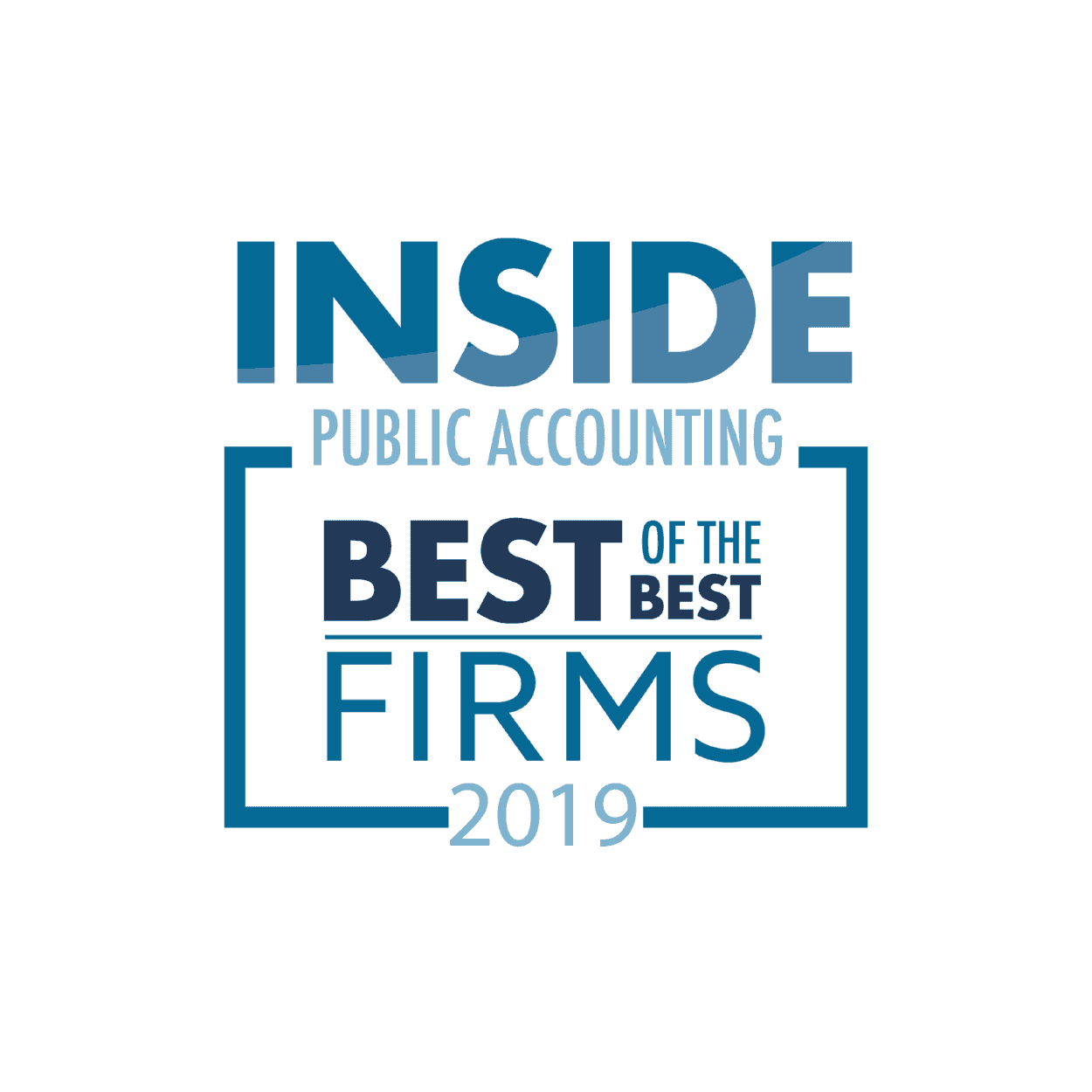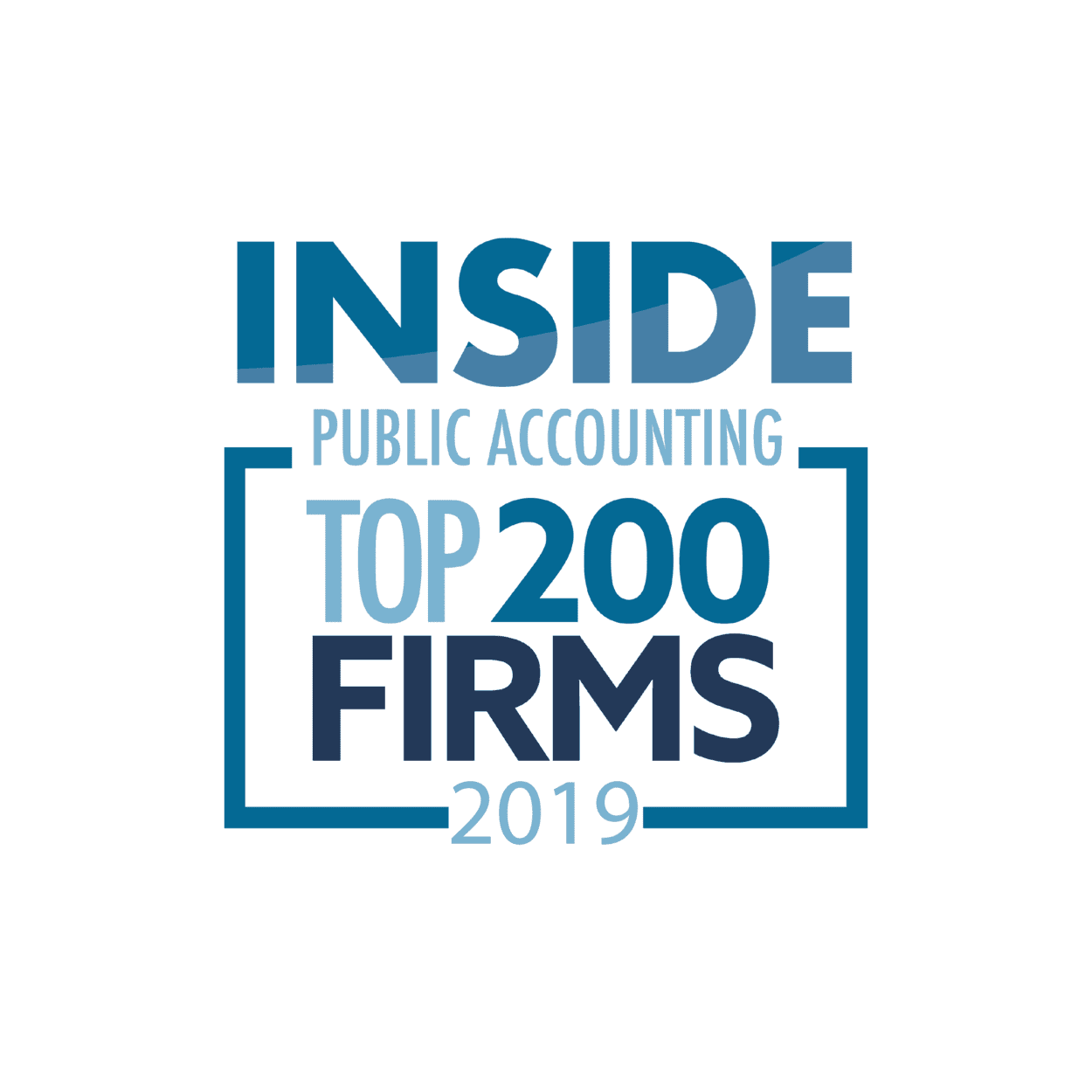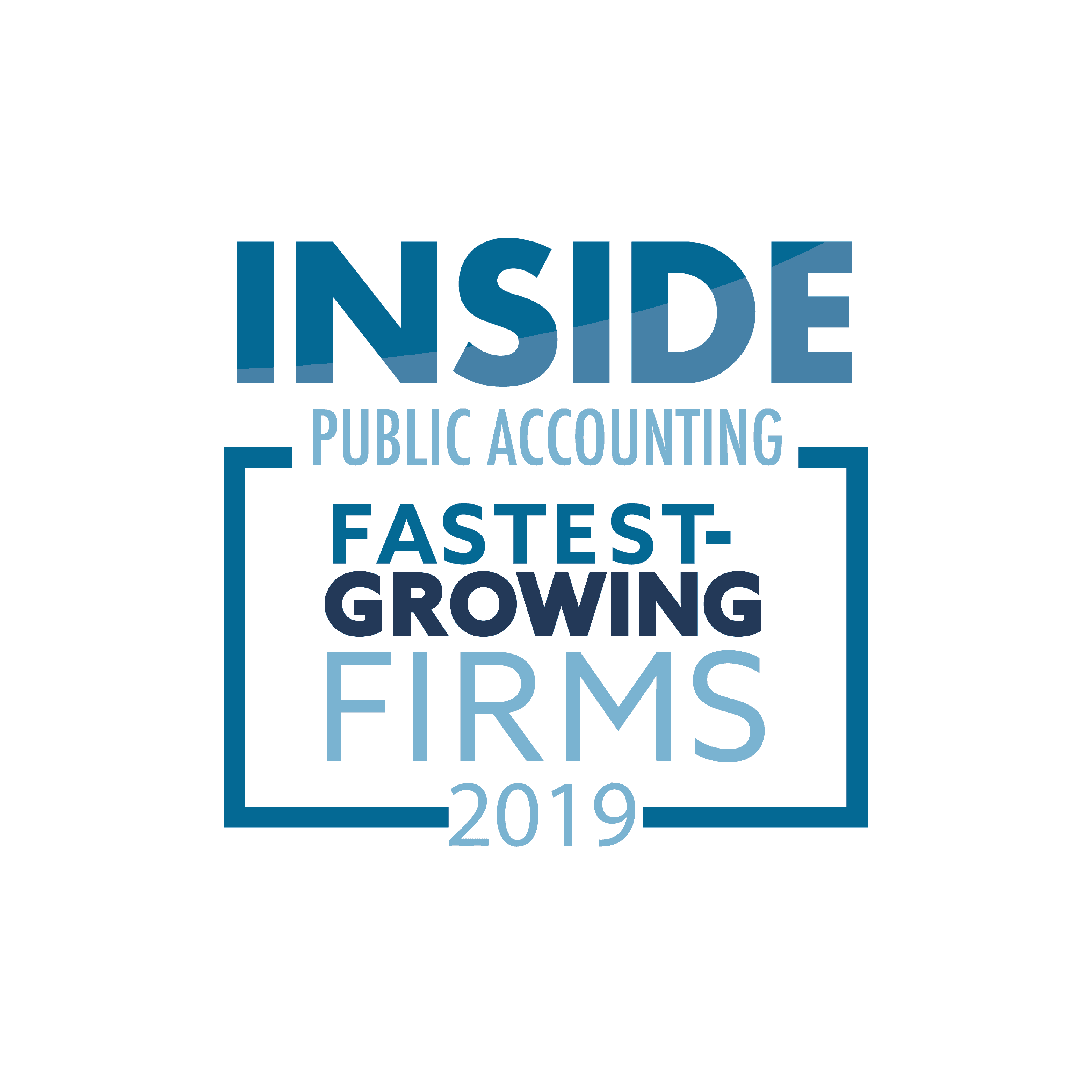In an effort to assist companies during uncertain times, Moore Colson is providing the following checklist of top 6 cash flow planning and top 3 tax strategies to consider.
Cash Flow Strategies:
1. Rolling Cash Flow Projections
Create a rolling 13-week cash flow projection to better manage your business during these uncertain times. Make sure to compare actual results to your projection and adjust as needed.
2. Vendor Payment Strategies
Be strategic with respect to your vendor payments. While you want to be fair to your vendors, it is not necessary to pay bills before they are due. In addition, consider opportunities for temporary extensions of payment terms.
3. Invoice Timing and Follow-Up
Make sure that you are issuing invoices on a continuous and regular basis. Issuing timely and regular invoices is an important best practice to manage your cash collection cycle. In addition, consider sending reminders prior to the day the invoice is due to your customers.
4. Explore Operational Efficiencies
During uncertain economic times, businesses naturally look for areas to decrease costs. In addition to pure cost reductions, it is often helpful to explore areas of your operation where you can gain efficiencies. Examples could include exploring changes in processes, shifting to technology that may be less expensive, reductions in business travel and additional areas that may be specific to your type of business or industry. You could also consider whether it is a good time to automate your processes, especially processes that require physical paper, which can be very difficult to perform when no one is in the office.
5. Evaluate Federal Loan Programs
In addition to the Paycheck Protection Program (PPP), the Federal government has established additional lending programs such as the Main Street Lending Program (MSLP) and Economic Disaster Injury Loan (EIDL). Unlike the PPP, these loans are not forgivable but do provide a source of liquidity at favorable terms and are worth consideration.
6. Consider City and Local Relief
Many city and local governments are offering aid to small businesses through grants and other lending programs. These programs often provide access to cash at little or no cost to the business.
Tax Strategies:
1. Consider Payroll Tax Deferral
The Coronavirus Aid, Relief, and Economic Security (CARES) Act allows for employers to defer payment of the employer’s share of Social Security Tax. Employers can defer 50% of their share until the end of 2021 and the remaining 50% until the end of 2022. Originally, this deferral was not available to employers that received a PPP loan, but subsequent legislation removed this restriction.
2. Assess Eligibility for Employment Tax Credits
Businesses that have been impacted by COVID-19 may qualify for either the Employee Retention Credit or the Credit for Sick and Family Leave. The Employee Retention Credit provides for a refundable tax credit for wages paid by a business whose operations have been partially or fully suspended due to a governmental order, or businesses that have a significant decline in gross receipts compared to 2019. The Credit for Sick and Family Leave, provides a refundable credit based on compensation paid to employees who are unable to work due to conditions provided in the Families First Coronavirus Response Act (FFCRA).
3. Assess Tax Savings Opportunities in the CARES Act
In addition to financial relief provisions, the CARES Act provides several tax relief provisions that may be advantageous. First, net operating losses that are incurred in 2018, 2019 and 2020 are now eligible for carryback to prior tax years. The ability to carry net operating losses may provide a source of cash flow through tax refunds. Secondly, the business interest limitation has been increased from 30% to 50% of adjusted taxable income, which may reduce current year tax obligations.
This checklist is a good starting point to help you in setting your company up for a faster recovery. If you need assistance determining which cash flow and tax strategies are best for your business, the Moore Colson team is available to help. To learn more, visit the COVID-19 Business Services section of our website or contact us. Also, be sure to subscribe here to get our news and alerts as they are released as we are committed to keeping you updated on how to navigate financial challenges associated with the COVID-19 pandemic.
Jonathan Levens, CPA, is a Partner with Moore Colson’s Tax Services practice. Jonathan’s primary focus is on tax compliance and consulting services for private equity-owned as well as closely-held businesses and their owners in the manufacturing and distribution, retail, service, restaurant, healthcare, staffing and financial services industries.
David Massey, CPA, CCIFP, is a Partner in Moore Colson’s Business Assurance Practice. David’s specialties include financial reporting and assurance services with a focus on the construction, healthcare and technology industries.
Mike Pompilio, CPA, is a Partner in Moore Colson’s Tax Services Practice. Mike leads tax services for our Real Estate Practice. He brings over 20 years of technical expertise to the firm in the complex federal taxation areas of real estate, partnerships and corporation.









0 Comments